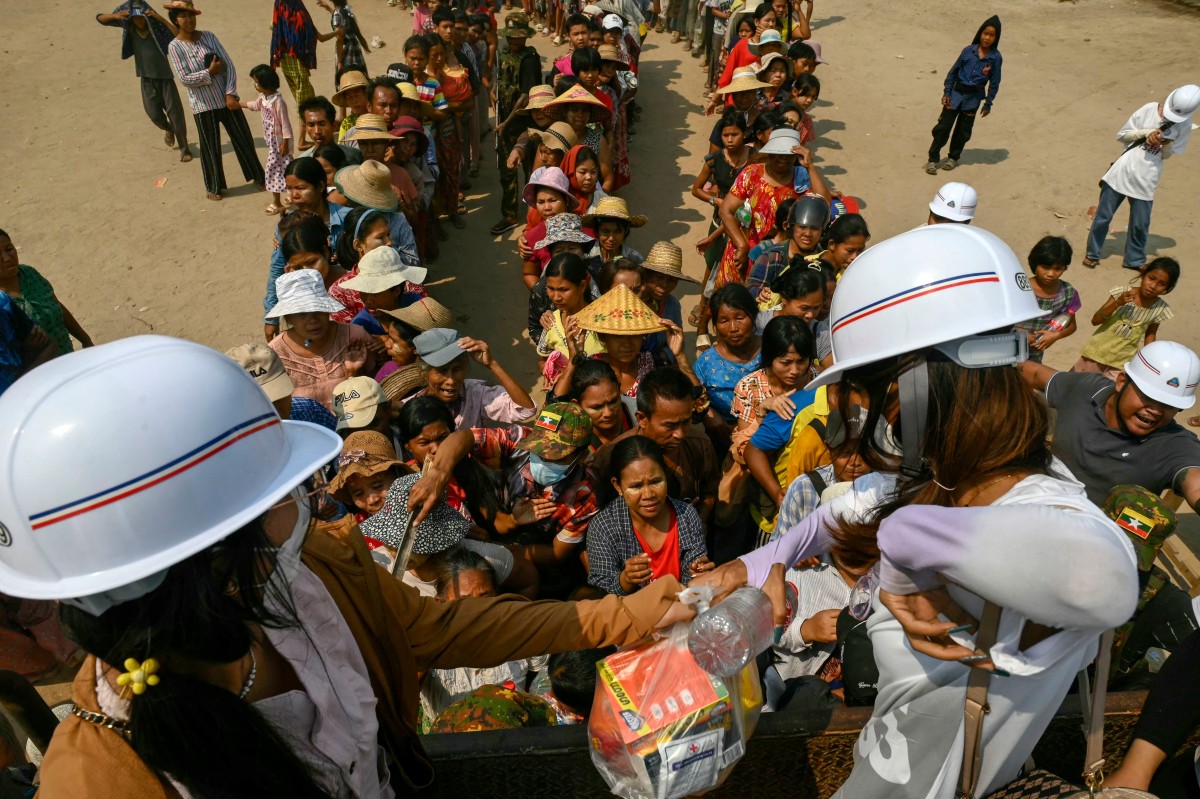U.S. President Donald Trump has reinstated a sweeping travel ban that blocks entry to the United States from 12 countries, including Myanmar, citing national security concerns and failures in vetting systems.
The executive order, signed Wednesday and taking effect Monday, revives one of the most contentious policies of Trump’s first term, Agence France-Presse reported.
Among those banned are Afghanistan, Myanmar, Chad, the Republic of the Congo, Equatorial Guinea, Eritrea, Haiti, Iran, Libya, Somalia, Sudan, and Yemen.
Seven other countries—Burundi, Cuba, Laos, Sierra Leone, Togo, Turkmenistan, and Venezuela—face partial restrictions, with some temporary work visas permitted.
“The recent terror attack in Boulder, Colorado, has underscored the extreme dangers posed to our country by the entry of foreign nationals who are not properly vetted,” Trump said in a video message from the Oval Office, posted on the social media platform X. “We don’t want them.”
The move comes in the wake of a makeshift flamethrower attack during a Jewish protest in Colorado. The suspect, identified as Egyptian national Mohammed Sabry Soliman, was reportedly in the U.S. illegally after overstaying a tourist visa. Court documents show Soliman had applied for asylum in 2022.
While Egypt was not included in the new restrictions, the Trump administration cited Myanmar’s post-coup instability and the breakdown of centralized governance as contributing factors to its inclusion.
The order said the affected countries either lacked “competent” authorities for vetting or presented an above-average risk of visa overstays.
In defending the policy, White House Deputy Press Secretary Abigail Jackson said, “President Trump is fulfilling his promise to protect Americans from dangerous foreign actors that want to come to our country and cause us harm.”
Myanmar’s inclusion in the ban is expected to further complicate its diplomatic relations with Washington, already strained over human rights concerns and ongoing conflict since the 2021 military takeover.
Critics say the new ban echoes Trump’s 2017 policy that targeted several Muslim-majority countries and triggered legal battles and international backlash.
“We will not let what happened in Europe happen in America,” Trump said. “We cannot have open migration from any country where we cannot safely and reliably vet and screen.”
The proclamation includes exceptions for athletes participating in international sporting events hosted in the U.S., including the 2026 World Cup and the 2028 Los Angeles Olympics.
Trump also announced a visa suspension targeting foreign students set to begin studies at Harvard University, a move seen as part of his wider crackdown on institutions he views as ideologically opposed to his administration.
The new restrictions drew sharp criticism from human rights organizations. Amnesty International USA condemned the measure as “discriminatory, racist, and downright cruel.”
“By targeting people based on their nationality, this ban only spreads disinformation and hate,” the group posted on X.
Jamal Abdi, president of the National Iranian American Council, said the policy would again “be felt by Americans who were denied the ability to see their loved ones at weddings, funerals, or the birth of a child.”
Venezuela, which was among the countries facing partial restrictions, rebuked the U.S. policy. “Being in the United States is a great risk for anyone, not just for Venezuelans,” said Interior Minister Diosdado Cabello, warning citizens against travel.
Legal challenges are expected to follow as civil society groups prepare to contest the ban in court. Trump’s proclamation emphasized its intent to shield the U.S. from “foreign terrorists and other national security” threats.







